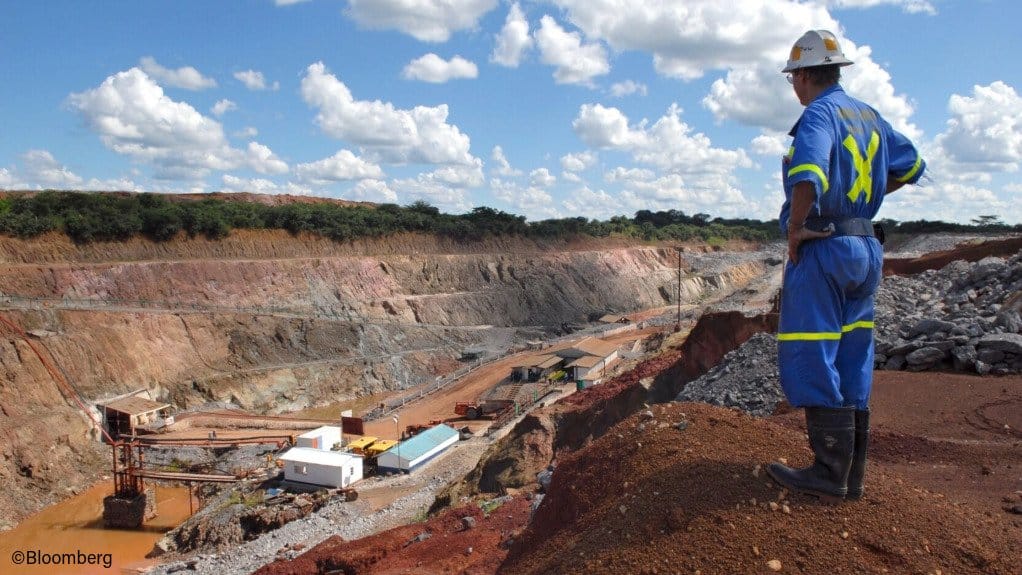The Zambian government has signaled it will press for additional compensation from a Chinese-owned mining company following one of the country’s worst industrial spills in recent history.
In February, a dam holding acidic waste from the Sino-Metals Leach Zambia copper mine collapsed, releasing millions of tonnes of toxic material into rivers that connect to the Kafue River – a vital water source for communities in northern Zambia.
Vice President Mutale Nalumango told officials on Wednesday that the government’s priority was the “non-negotiable safety of citizens,” stressing that the $580,000 compensation package offered so far “may not be enough” once a full independent assessment of the damage is completed.
Widespread Contamination Reported
An environmental investigation by South Africa’s Drizit company estimated that 1.5 million tonnes of waste had been released – far higher than the company’s initial claim of 50,000 tonnes. The study found dangerous levels of cyanide, arsenic, lead, uranium, and other heavy metals still present in the soil and water, raising long-term concerns of cancer, organ damage, and birth defects.
The findings triggered health warnings from several foreign governments, including the US and Finland, which advised their citizens to avoid the affected areas. Meanwhile, Zambia has imposed a fishing ban on sections of the Kafue and deployed military aircraft to drop lime into the water in an effort to reduce acidity levels.
Communities Still at Risk
Human Rights Watch reported that the spill has destroyed crops, killed livestock, and poisoned fish, leaving farmers and fishing communities without livelihoods. Local residents continue to complain of headaches, coughing, diarrhoea, and other health issues, with many saying they have yet to receive promised compensation.
Mining Sector Under Scrutiny
The mine is operated by Sino-Metals, a subsidiary of the state-owned China Nonferrous Metal Mining Group. While the company disputes the environmental study, the Zambian government insists further reparations will be pursued if evidence shows more extensive damage.
As one of the world’s top 10 copper producers, Zambia’s economy relies heavily on mining, but the disaster has renewed debate over foreign investment, environmental protection, and accountability in the sector.



